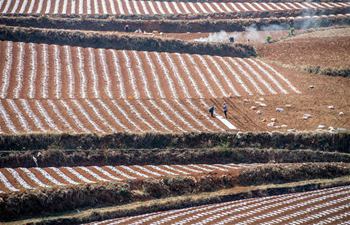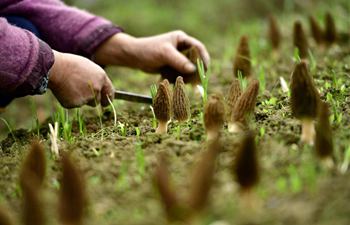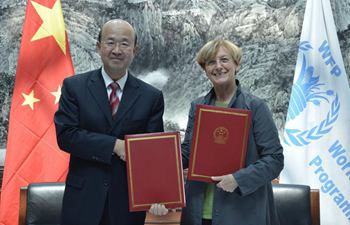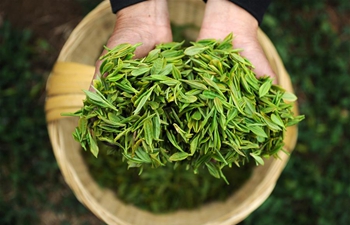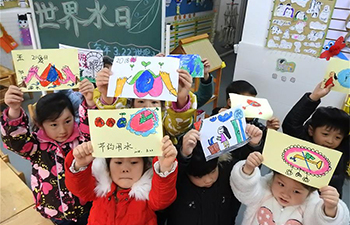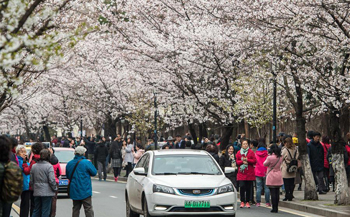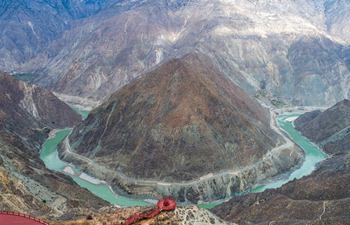BEIJING, March 24 (Xinhua) -- Technical solutions and increased political will mean that East Asian countries are likely to win their battle against agriculture pollution, said a World Bank report Friday.
"Agricultural growth has played a significant role in increasing food security and lifting millions of people out of poverty in East Asia over the last three decades," said Laura Tuck, World Bank vice president for sustainable development.
"However, this growth has also come at a high price, resulting in unprecedented soil, water and air pollution in the region," said Tuck.
Agricultural expansion has allowed the region to support some of the world's fastest developing societies.
"Alongside success in agricultural output, the region's agriculture is becoming a victim of its own success," said Iain Shuker, manager of environment and natural resources global practice of the World Bank.
Agriculture has become a major, if not the leading, contributor to soil, air and water pollution, according to the report, "The Challenge of Agricultural Pollution: Evidence from China, Vietnam, and the Philippines."
Artificial chemicals in food have also affected domestic food safety and international market access.
"Investing in the prevention and control of pollution is key to ensuring that development gains in agriculture are sustainable," Shuker said.
"Growing recognition of the problem is yielding results thanks to governments and public awareness," he added.
Good pollution control can increase the profits and spur development of a competitive food industry.
This report shows that a reorientation of public policy and spending on pollution control benefits farmers and consumers alike. In China, a portfolio of World Bank projects exceeding one billion U.S. dollars is tackling agricultural pollution. These approaches include reducing ammonia from fertilizer, cleaning polluted soils, reducing agricultural runoff affecting Qiandao Lake, and reducing crop and livestock pollution to protect coastal and estuarine ecosystems.
"Committed to the green development, China is gearing up to achieve the rural revitalization and tackle the environmental problems," said Gao Shangbin, deputy director general with the Ministry of Agriculture and Rural Affairs rural energy and environment agency.
The country has seen major improvements in multiple fields, such as controlling irrigation, cutting use of fertilizers and pesticides and recycling of agricultural waste.




